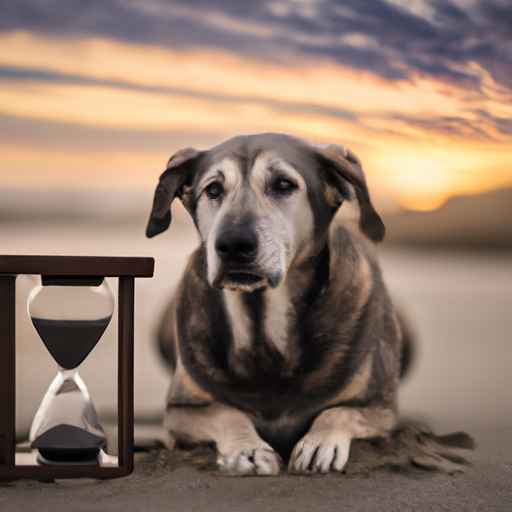1. The Biological Reasons
You might have noticed that larger dog breeds tend to have shorter lifespans compared to their smaller counterparts. It’s a fact that might seem paradoxical given that larger animals often live longer than smaller ones. However, there are several biological reasons behind this phenomenon:
-
Faster Growth Rates: Larger dogs grow faster and age quicker. Their bodies have to work harder to sustain their size, which can put a strain on their organs and shorten their lifespan.
-
Greater Risk of Health Issues: Large breeds are more prone to certain health problems like joint issues, heart diseases, and cancer. These conditions can significantly affect their quality of life and lifespan.
-
Genetics: The genes of large dogs could also play a role. Some studies suggest that larger breeds have genes that promote faster ageing.
| Dog Size | Average Lifespan |
|---|---|
| Small | 10-15 years |
| Medium | 10-13 years |
| Large | 8-12 years |
| Giant | 6-10 years |
2. The Role of Breeders
Breeders have a significant influence on the lifespan of large dogs. Over the years, breeders have selectively bred dogs for specific traits. Sometimes, these traits come at a cost to the dog’s health and longevity. For instance, certain large breeds have been bred for their size, which can exacerbate the health issues associated with larger dogs.
3. Care and Lifestyle Factors
Many factors that affect a dog’s lifespan are within your control. The quality of care you provide and the lifestyle you promote can either lengthen or shorten your dog’s life.
- Diet: Larger dogs have different nutritional needs. Feeding them a balanced diet that’s tailored to their size can help them live longer and healthier lives.
- Exercise: Regular exercise is essential for all dogs, but it’s especially crucial for larger breeds. They need to maintain a healthy weight to avoid putting extra strain on their joints and organs.
- Veterinary Care: Regular check-ups can help catch health issues early before they become serious.
4. The Exception to the Rule
Of course, there are exceptions to every rule. Some large dogs live long lives, while some small breeds have shorter lifespans. Factors like genetics, care, and lifestyle can influence a dog’s lifespan, regardless of its size.
5. Frequently Asked Questions
Q: Why do small dogs live longer?
A: Small dogs age slower and aren’t as prone to certain health issues that affect larger breeds.
Q: Are there large dog breeds that live long?
A: Yes, some large breeds like the Belgian Malinois and the Collie have relatively long lifespans.
Q: Can I help my large dog live longer?
A: Yes, providing proper care, nutrition, and regular veterinary check-ups can help prolong your dog’s life.
As a caregiver, understanding the reasons behind this trend can help you provide the best care for your big dogs and potentially extend their lifespan. Remember, every dog is unique, and with the right care, they can lead a long and healthy life, regardless of their size.



